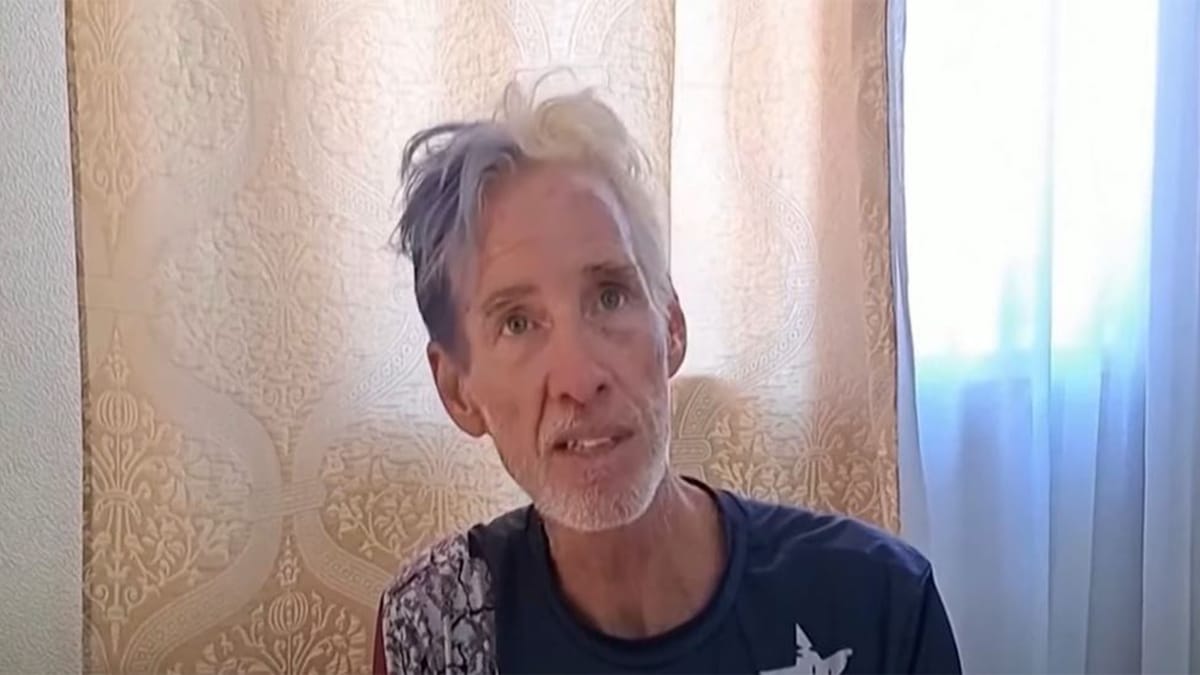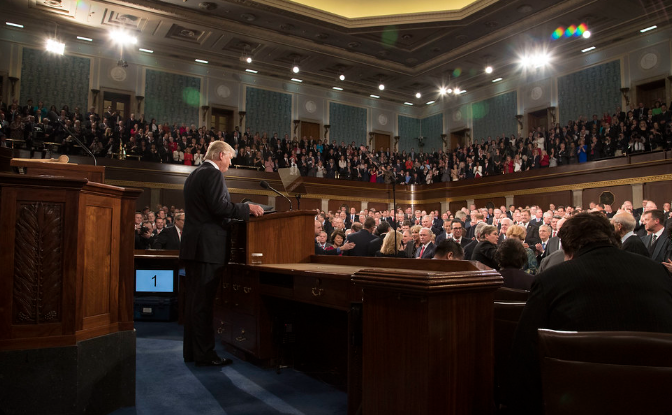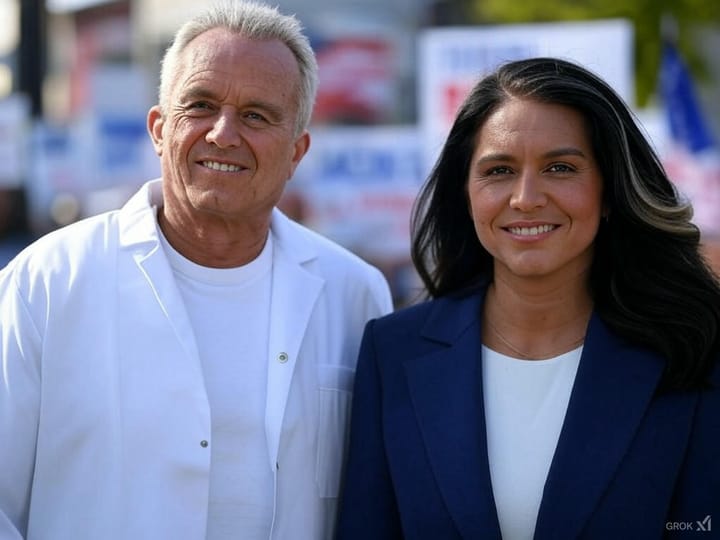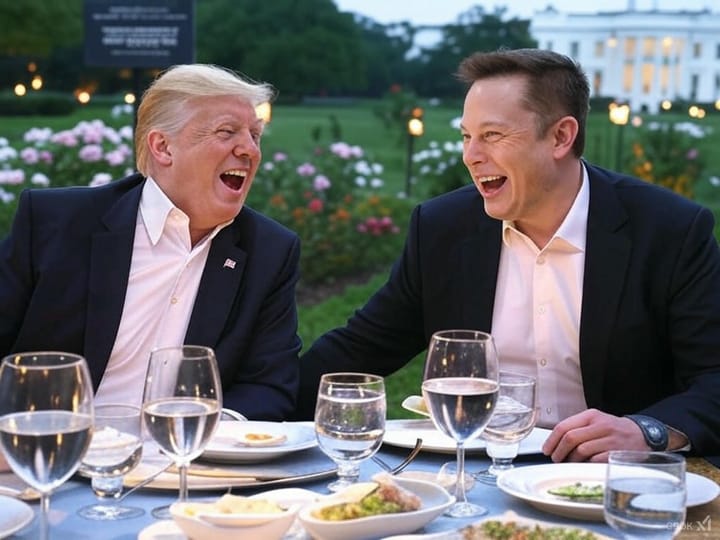Suspect’s Chilling Letter Reveals $150K Bounty in Trump Assassination Attempt: Details and Fallout
A shocking letter reveals a $150K bounty offered by the suspect in Trump’s assassination attempt, sparking nationwide debate over public safety.

In a shocking turn of events that reads like a political thriller, the nation finds itself grappling with the aftermath of a foiled assassination attempt on former President Donald Trump. At the heart of this bone-chilling revelation lies a handwritten letter that has sent shockwaves through the corridors of power and ignited a firestorm of controversy.
A Letter that Shook America
Imagine, if you will, a letter beginning with the ominous words "Dear World." Now picture that letter going on to express deep regret - not for a mundane mistake, but for failing to assassinate a former President of the United States. This isn't fiction; this is the reality of the letter penned by Ryan Wesley Routh, the suspect at the center of this alarming case.
But Routh's letter doesn't stop at a mere confession. In a twist that seems ripped from the pages of a dystopian novel, he offers a staggering $150,000 bounty to anyone who can "finish the job." Let that sink in for a moment. A six-figure bounty, openly declared, on the life of one of the most recognizable political figures in the world. It's a scenario that would have seemed implausible just years ago, yet here we are, facing it head-on.
The DOJ's Dilemma: To Reveal or Conceal?
In a move that has sparked intense debate, the Department of Justice made the controversial decision to release Routh's letter to the public. On one side of this heated argument stand those championing transparency, arguing that the public has a right to know. On the other, critics vehemently oppose the release, warning that it could inadvertently inspire copycat attempts.
"How is this not recklessly endangering a former president's life?" one social media user pointedly asked, encapsulating the fears of many. It's a question that cuts to the heart of a larger issue: In our quest for openness, are we potentially compromising the safety of our leaders?
A Plot Months in the Making
As investigators delved deeper into Routh's activities, a chilling picture began to emerge. This wasn't a spur-of-the-moment act of madness, but a meticulously planned operation months in the making. For over 30 days, Routh's cell phone pinged near Trump's golf course and Mar-a-Lago, painting a picture of a man obsessively stalking his target.
When authorities searched Routh's vehicle, what they found sent shivers down their spines: a handwritten list of Trump's expected locations, ammunition, and additional letters. It's the kind of discovery that makes one wonder: How close did we come to a national tragedy?
Legal Labyrinth and Unanswered Questions
As Routh sits behind bars, held without bail, the legal machinery grinds into motion. He faces charges for illegal firearm possession, but prosecutors hint at more to come. Yet, as the case unfolds, it raises more questions than it answers:
- How does a man reportedly earning just $3,000 a month offer a six-figure bounty?
- Was Routh a lone wolf, or are there unseen puppeteers pulling strings from the shadows?
- What does this incident say about the state of our political discourse and the safety of our leaders?
These aren't just academic questions for legal scholars to debate. They're urgent inquiries that strike at the heart of our democracy's health and security.
A Nation at a Crossroads
This attempted assassination doesn't just represent a threat to one man's life; it's a stark wake-up call for a nation at a crossroads. It forces us to confront uncomfortable truths about political extremism, the power of rhetoric, and the fragility of our democratic institutions.
As we move forward, we must ask ourselves: How do we protect our leaders without eroding the freedoms we hold dear? How do we engage in passionate political debate without crossing the line into violence? And perhaps most crucially, how do we heal the deep divisions that have led us to this precipice?
The answers to these questions will shape not just the immediate future of American politics, but the very soul of our democracy for generations to come. As citizens of this great nation, it falls to each of us to rise to this challenge, to engage in thoughtful dialogue, and to stand vigilant against the forces that would tear us apart.
In the end, this chilling episode serves as a reminder that democracy is not a spectator sport. It requires our active participation, our unwavering commitment to civil discourse, and our collective determination to ensure that such dark chapters remain aberrations in the grand story of America.





Comments ()